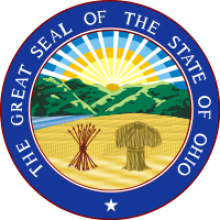Ohio Legislation Threatens Rural Landline Phone Service
Once again, consumers must fight to preserve their landline telephone service. This time, the Ohio General Assembly is pondering legislation that can end traditional service for up to 1 million Ohio residents.
Our readers know about the efforts of ALEC and AT&T to drastically reduce their obligation to provide landlines across the country. Up to now, telephone companies were required to serve everyone, but those requirements are under attack, state by state. Bills have emerged in Mississippi, Kentucky, New Jersey and California.
The very real fear is that Ohio's Senate Bill 271 (SB271) will increase telephone prices, reduce service quality, and cause many to lose access to reliable 911 service. Many of those who still depend on landlines, include senior citizens. From an article on the Public New Service:
AARP Ohio State Director Bill Sundermeyer says, besides preserving social contact, land-line phones are needed to protect seniors' health and safety. For instance, some seniors use the phone line to transmit routine health information from equipment in their home to their doctor's office, he says.
"They can make an evaluation of a person's heart and how's it working, of their lungs, etc. That information would be very difficult to transmit over a cell phone."
(on a personal note, I can attest to this….my father routinely uses his landline telephone to send data to the clinic about his pacemaker to make sure it is functioning correctly)
The Office of the Ohio Consumers' Counsel (OCC) also expresses concern with the bill because it would allow telephone companies to stop providing local service in places labeled as "fully competitive." In the SB271 Fact Sheet (read the PDF, which offers a map of the qualifying areas), the OCC explains the problem with this definition:




